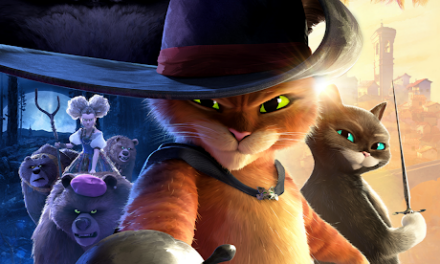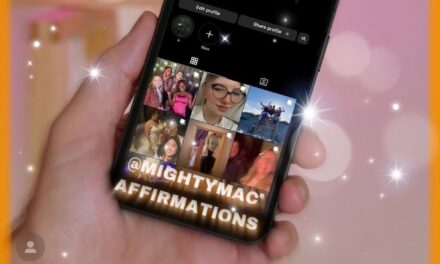Indiana Gallant, Staff Writer
Alex Garland’s latest film, Civil War, is receiving backlash for the decision to use AI generated movie posters in their marketing campaign.
On April 17, 2024, new poster’s were released for Civil War. The film follows photographer Lee Smith, played by Kirsten Dunst, as she photographs a modern American civil war scenario. The posters depict famous sites across America in the midst of wartime. The release of these posters created backlash for a variety of reasons. Many were bothered by the inaccuracies of the posters; both in their depictions of the locations and as a representation of the film itself.
In one poster, which intends to portray a war-torn version of Chicago, the AI generated image only included one of the two Marina City Towers.
In another, which shows Echo Park, there is what is, presumably, one of the swan boats often used on the lake. However, it is quite clear in the image that it is not a boat, but rather a gigantic swan.
People are finding these ridiculous images to be a massive disappointment, especially because this marketing campaign is run by the movie’s production company, A24. A24 has gained a following for the artistry of their films, producing unique, independent works such as Moonlight, Midsommar, and Everything Everywhere All At Once, among many others. A user on X, Benjamin Crew, expressed his disappointment, saying “What message is A24 sending by publishing A.I. imitations that would get a true artist fired had they made these mistakes?” (Crew)
The other visual complaint detailed that none of the images shown in the posters were included in the movie. Some viewers are complaining that the ad campaign was ‘false advertising’ on account of the fact that none of the images advertised were utilized as settings in the film.It seems especially bizarre because the locations could have been played off as photos taken by the main character, and they would not need AI, if they used scenes from the film itself. People thought it was odd to have AI generated advertisements that were inaccurate to both the locations they are based on and to the movie they were meant to advertise.
The other primary concern came from the use of AI itself. As AI has continued to progress, many creative individuals have been stressed about losing work in their fields. Additionally, these posters contain flaws that an artist would likely lose work over. For a movie
centered on a realistic depiction of how a civil war would look in modern America, there is no excuse for the utterly bizarre mistakes that the AI made.
Some fans of A24 are disappointed and think that this use of AI will destroy their reputation. For a studio famous for its artistic prowess and support of the independent artist, it is discouraging to see AI used, especially when it produces seemingly poor quality work. A24 and Garland’s prior film Ex Machina, a movie centered around the dangers of AI, leaves fans and viewers confused at his and A24’s choice to use AI to promote a film that follows the life of an artist in the midst of war. Other viewers suggest that A24 is using tools like AI to save money as a method of investing more into their films. Afterall, they are a small studio and have far less funding. The issue, for others, is that it goes back on the artistic integrity of the studio itself. If a studio dedicated to independent art is replacing artists with AI, it will certainly be done by larger studios.
Of course, Civil War is not the first instance of AI in film production. Marvel’s show Secret Invasion included a fully AI animated intro sequence. The use of AI in this show was equally controversial to the AI posters used in Civil War.
Each year, more articles come out telling creative workers to get on board with AI before they get replaced. In light of last year’s Writers Guild of America (WGA) strike, the slow replacement of artists is increasingly concerning. As AI works into visual elements of film, it also begins to threaten the work of writers. In the 2023 deal struck by WGA, they created regulations to limit the use of AI on MBA covered projects.
What does this mean? Well, the MBA is a three-year minimum basic agreement between the WGA and the Alliance of Motion Picture and Television Producers. Any films that fall under the MBA cannot be written by AI directly or include a writer being forced to use AI. A writer can use AI assistance if both the writer and the company consent.
Another critical development that the MBA brought was to prohibit the exploitation of writer’s work to train AI. This protects writers from potentially being replaced by AI learning from their own work. The fact that the WGA needed this agreement suggests that AI use is already rising in the film industry. While writers now have some protections, concerns are rising about the effect AI will have on other creative workers in the film world.





